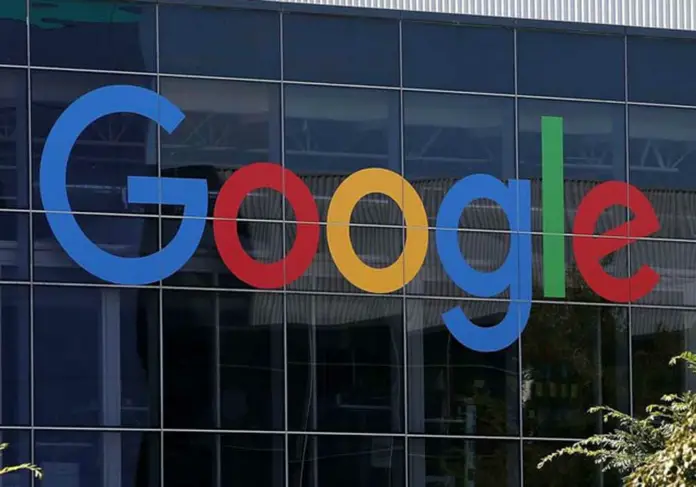The courtroom drama between Google and the U.S. Justice Department reached its climax as closing arguments were presented marking a pivotal moment in the ongoing battle over the tech giant’s alleged monopolistic practices. The case which has captured the attention of industry insiders and the public alike has the potential to reshape the landscape of the internet as we know it.
At the heart of the matter lies the question of whether Google has unlawfully wielded its dominance in web search and related advertising to stifle competition and boost its profits. U.S. District Judge Amit Mehta presiding over the proceedings in Washington grilled both sides extensively delving into the intricacies of platform “substitute-ability” and the implications for advertisers.
One of the key points of contention raised by the government is Google’s overwhelming reliance on advertising revenue which they argue fuels its monopoly power. Government lawyer David Dahlquist emphasized Google’s purported immunity to market pressures alleging that the company can afford to make its products worse without fear of losing revenue, a privilege reserved only for monopolies.
In contrast, Google’s defence team led by lawyer John Schmidtlein countered by highlighting the diminishing share of U.S. digital advertising revenue held by Google and the existence of competitive alternatives such as TikTok, Facebook, Instagram and Amazon. Schmidtlein argued that Google faces constraints imposed by these rival platforms compelling it to continually innovate and improve its offerings to maintain its competitive edge.
Throughout the trial witnesses from various tech companies including Verizon, Samsung Electronics and Google itself provided insights into the company’s practices including its substantial annual payments to secure default search positions on smartphones and browsers.
The proceedings also delved into allegations of document destruction with the government accusing Google of intentionally purging internal communications relevant to the case. Judge Mehta expressed skepticism regarding Google’s document retention policies questioning whether there should be consequences for what he deemed as subpar practices.
As the trial draws to a close, all eyes are on Judge Mehta as he prepares to render a verdict that could have far-reaching implications for Google and the tech industry at large. Whatever the outcome, the trial represents a landmark moment in the ongoing efforts to rein in the market power of tech giants, a battle that shows no signs of abating with similar cases against Meta, Amazon and Apple also making waves in the legal arena.







